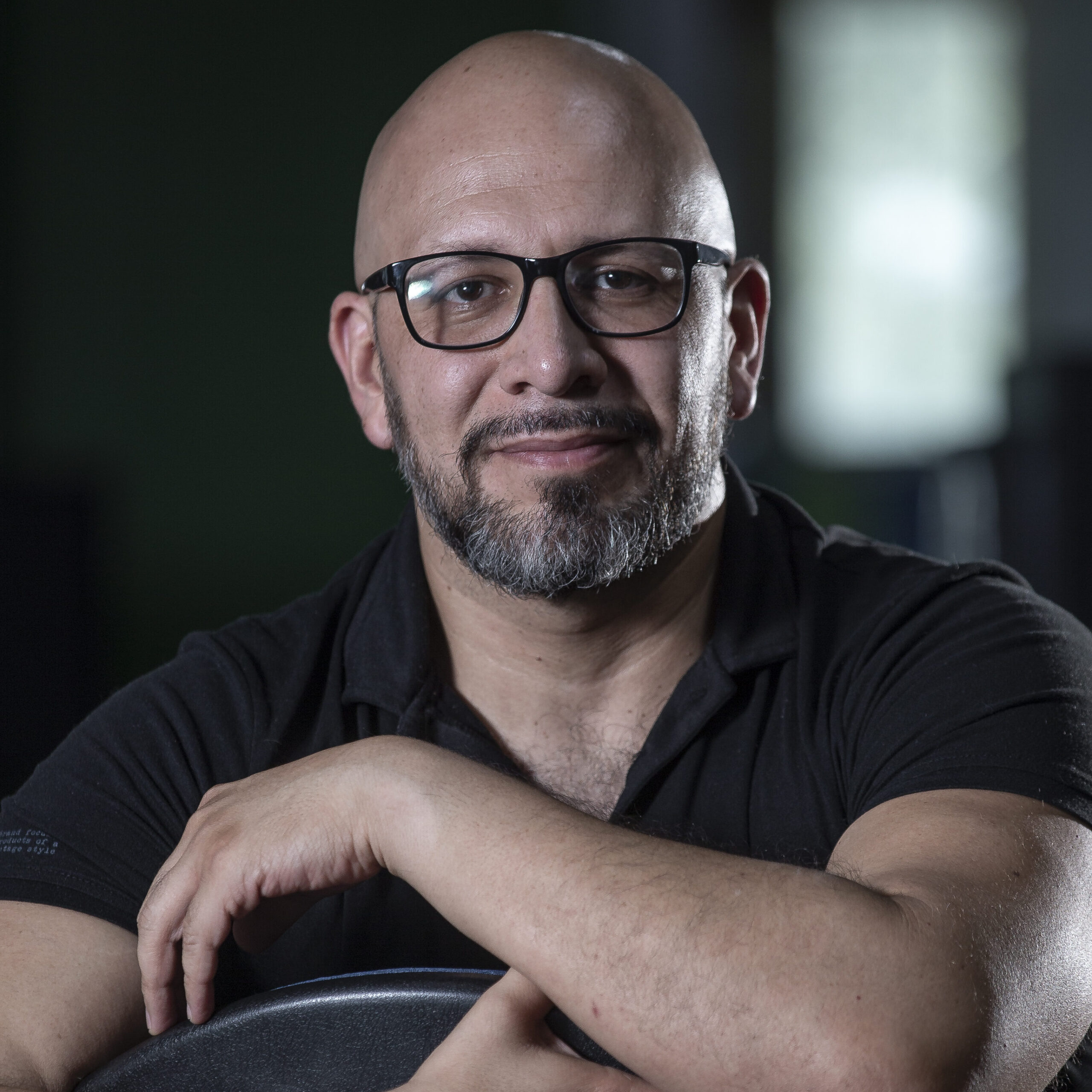Inclusive Learning Environment for Girls in STEM
Today is the day for women and girls in STEM. There has been much talk about quotas for equality and generating opportunities, however, the greatest danger may not be the patriarchal environment, but the repressive and retrograde educational methods that prevent girls (and boys) from maintaining their natural curiosity about the world.

In addition, the lack of female role models and mentors in the STEM field also contributes to the inequality in gender representation. Girls and women should be inspired and supported in their interests and passions, including science, technology, engineering, and mathematics. It is essential to foster an environment of equal opportunities and inclusion in all areas of society, including the STEM field. By doing so, we are building a more diverse, equitable, and prosperous future for all people.
Authoritarian education model
The authoritarian school environment, where children are asked to be quiet, obey, and solve endless exercise books, can crush the inquisitive spirit of any child, but it is particularly harmful in the case of girls because it reinforces the notion that girls are not meant to ask questions or challenge authority, and that their role is to be passive and obedient. This type of education stifles creativity and curiosity, and can lead to girls feeling disinterested or disengaged in STEM subjects. Additionally, research has shown that girls tend to perform better in more hands-on, project-based, and collaborative learning environments, which are often missing in authoritarian school settings. To ensure that girls have equal opportunities to succeed in STEM, creating a supportive and empowering learning environment that encourages girls to be confident, curious, and engaged in the subject matter is vital.
It is essential that STEM education be an exciting and challenging experience for all students, regardless of their gender. This includes the inclusion of hands-on activities, collaborative projects, and the exploration of relevant and meaningful problems. By fostering a positive and authentic learning environment, we can help girls and women develop their passion for science and technology and play a vital role in the future of the STEM world. It is also important to remember that gender equality is not just a matter of social justice, but also an economic necessity, as diversity and inclusion in STEM are crucial for growth and innovation in the global economy.
Strict stereotypes on the family
From a sociocultural and family perspective, it is important for parents and families to encourage and support the interests and passions of their children, regardless of their gender. This includes providing resources and opportunities for children to learn about STEM and explore their interests in this field. It is also important for parents and families to promote values such as gender equality and inclusion, and foster a home environment where their children feel they can be whoever they want to be and do what they want to do. The family is one of the first influences in a child’s life, and it is essential to foster a culture of support and empowerment to ensure that all girls and women have the same opportunities for success in STEM and in all areas of their life.
Similarly, to the pressure exerted on girls to lean towards artistic or “soft” activities, the pressure on boys to occupy spaces in STEM disciplines can result in frustrated men occupying those spaces, taking places that could be for women.
This type of pressure and gender stereotypes can be harmful to both boys and girls. It is important for boys and girls to have the freedom to explore their interests and passions without being limited by gender stereotypes or external pressures. Instead of pressuring boys to follow a certain path, it is important to foster an environment where they can explore and discover their interests and passions, regardless of their gender. By doing so, we can ensure that all boys and girls have the opportunity to develop their potential and achieve their goals, both in STEM and in any other area of their life.

